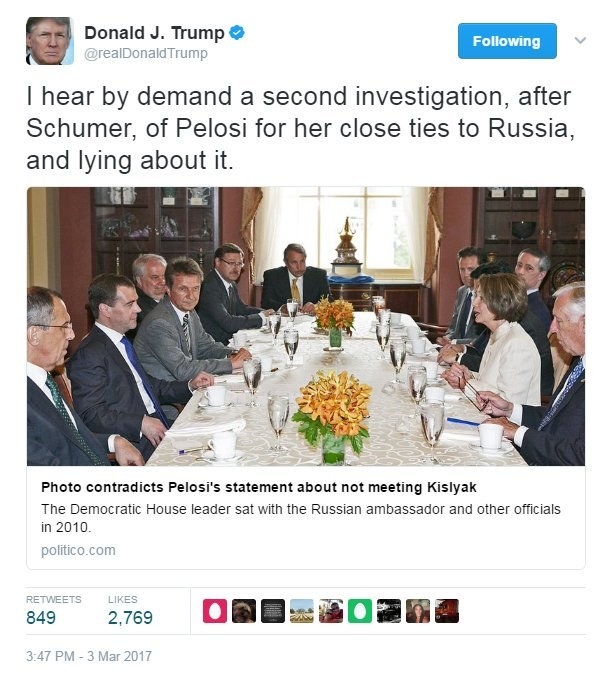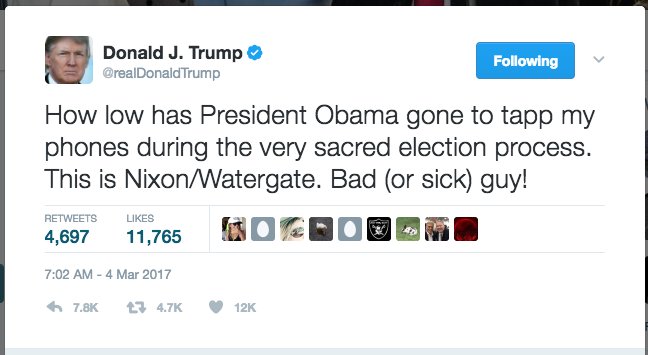The first thing we learned was that Trumpism is an utter repudiation of modern conservatism. For the last 40 years, the Republican Party has been a coalition of three tendencies. On Tuesday, Trump rejected or ignored all of them.
There used to be Republican foreign policy hawks, people who believed that it was in America’s interest to serve as a global policeman, actively preserving a democratic world order. Trump explicitly repudiated this worldview, drawing instead a sharp distinction between what’s good for America and what’s good for the rest of the world.
There used to be social conservatives, who believed that the moral fabric of the country had been weakened by secularism and the breakdown of the family. On Tuesday, Trump acted as if this group didn’t exist. He didn’t mention a single social issue — abortion, religious liberty, marriage, anything.
Finally, there used to be fiscal hawks who worried about the national debt. Trump demolished these people, too, vowing a long list of spending programs and preservation of entitlement programs.
...Trump’s speech on Tuesday offered those of us who want to replace him an occasion to ask the big question: How in the 21st century should government unleash initiative and dynamism while also preserving order? Trump’s answer: Nationalize intimidation but privatize compassion. Don’t look to government to offer a warm hand; look to it to confront your enemies with a hard fist.
Michael Gerson:
The Trump budget — which still exists only in its barest outlines — would increase defense spending by more than $50 billion, cut discretionary spending by a similar amount and leave entitlement programs alone. All of these elements represent the fulfillment of campaign pledges. But, taken together, they seem like the liberal caricature of a Republican budget: Cut poverty-fighting programs and international aid in order to fund more ships and tanks, but leave programs for the elderly (who disproportionately vote Republican) untouched.
...
The Trump budget outline is underdeveloped, compared with those of other presidencies; it leaves the trajectory of deficits unchanged; it imposes cruel and indiscriminate cuts in discretionary spending; it is cowardly, especially on the main drivers of future debt; it is injurious to elected Republicans who will risk the wrath of the Trump base in order to make rational budget choices; it is an indication of governing unseriousness and a preference for positioning over leadership.
But the speech was nice.
Mona Charen:
More than fiscal responsibility, conservatism is founded upon modesty about what government can achieve. As the Republicans rose to cheer “Every problem can be solved,” we saw that insight go out the window.

